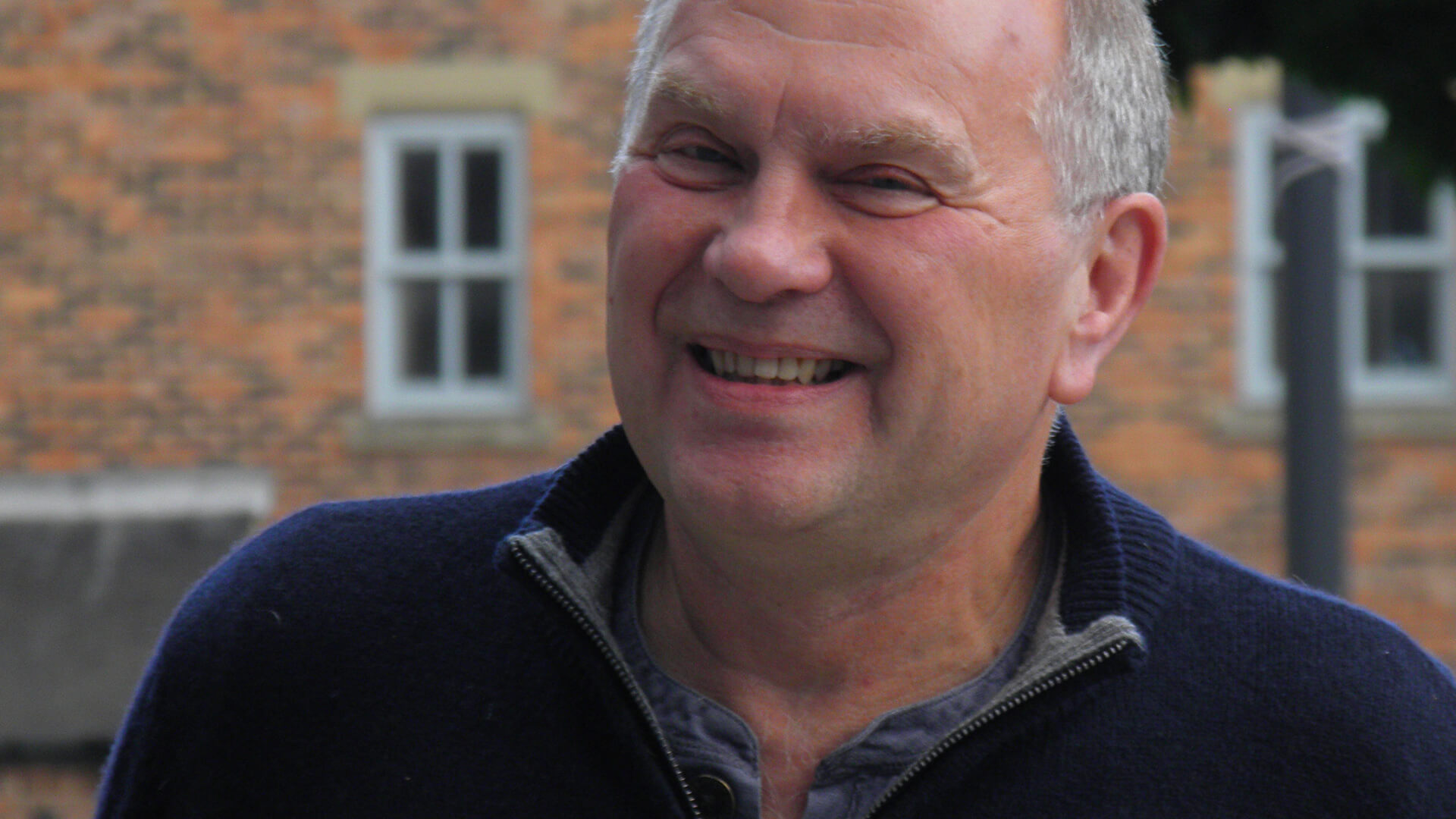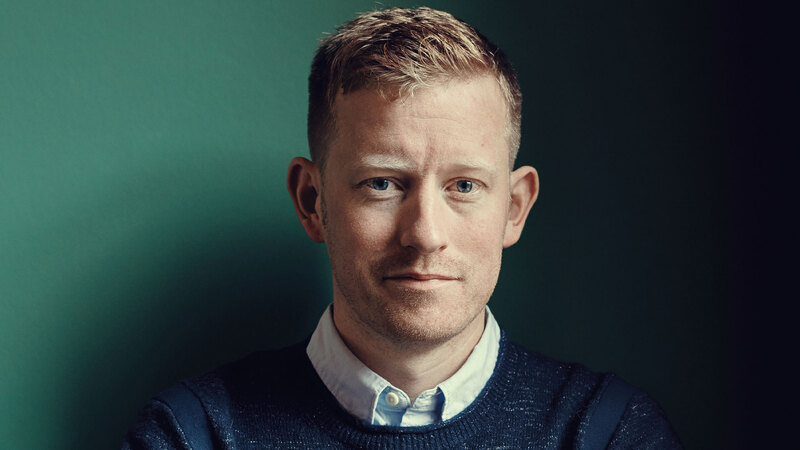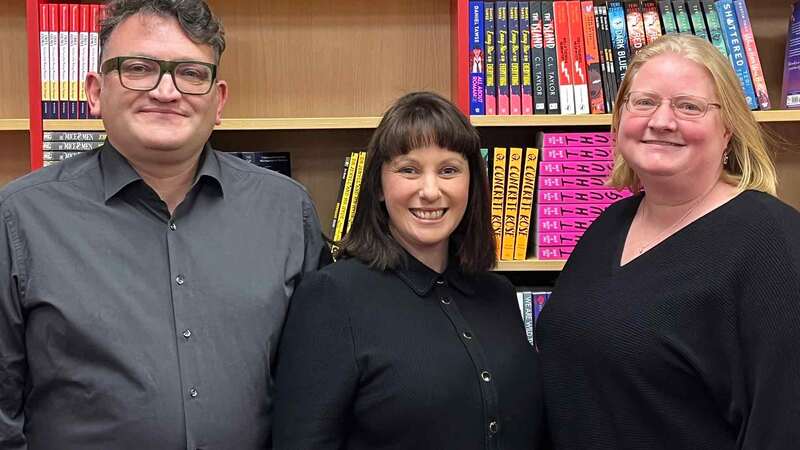You are viewing your 1 free article this month. Login to read more articles.
ACE clarifies advice on 'political statements' but trade figures still concerned about threat to free speech
Arts Council England (ACE) has issued a statement clarifying the reasons for giving new advice about "overtly political or activist statements" for the organisations it gives funding to, after a backlash from book trade figures. However many publishers say they are still concerned about the implications for artistic freedom, with some accusing the arts body’s new stance as "covertly censoring" their activities.
The updates to ACE’s Relationship Framework policies were made on 28th January and first reported by Arts Professional. ACE now says organisations should be alert to the risk of making “statements, including about matters of current political debate”, that are likely to result in a negative reaction from the public, media or stakeholders, towards the organisation or to ACE itself. ACE said it defines reputational risk as any activity or behaviour "that potentially breaches the terms and conditions of the funding agreement" and that "any activity undertaken by the organisation can bring reputational risk to the Arts Council, regardless of whether the activity is directly funded through your grant or not".
The changes were heavily criticised on social media, as publishers and other trade figures expressed concerns about the effect that changes may have on artistic expression.
Following the backlash, ACE issued a new statement on Wednesday 14th February stressing “for the avoidance of doubt, our guidance does not seek to stop any artist or organisation from making the art they want to make, or speaking out in any way they wish – including in ways that challenge institutions and authorities”.
It said: “The guidance does, however, set out a series of steps for organisations to go through, to ensure that if they, or people associated with them, are planning activity that might be viewed as controversial, they have thought through, and so far as possible mitigated, the risk to themselves and crucially to their staff and to the communities they serve.”
ACE said “it is right that our funding will be used to support work that will be perceived as political or controversial” but said it recognises “that the context in which artists and organisations are currently working is more polarised than ever before, and that conversations, particularly on social media, can lack nuance”.
The arts body stated: “Over recent years, we have all, on many occasions, seen individuals and organisations working in the cultural sector subjected to aggressive attacks for the art they have presented, the positions they have taken, or statements they have made. In this context, and in response to requests for guidance on navigating this environment from a number of leaders of cultural organisations, we refreshed our framework on managing reputational risks.”
Responding, children’s publisher Knights Of told The Bookseller: “As publishers of underrepresented authors and illustrators our publishing and our work is intentionally political. So to see Arts Council England (ACE) clarify its position on artists making political statements feels disheartening. The outpouring of frustration from both artists and organisations, many of whom have been funded previously by ACE, many of whom whose work is political, speaks to the wider failure of this industry to address the ongoing and heightened oppression we’re seeing play out on the world stage.
“We at Knights Of do not have the luxury to be seen as apolitical or to censor those who we work with; their freedom of expression is vital to what we do. We know that ACE is a government-funded organisation and has to reflect the policies of the current government — what we’re seeing reflected in arts organisations is based on the agenda of our current government and is a symptom of a much wider deep-rooted issue.”
Aimée Felone, co-chair, and Ruth Harrison, director, at literature development agency Spread The Word, added: “We are concerned that ACE’s guidance may directly impact on writers’ freedom of expression and lead to self-censorship by organisations as funding may be withdrawn. Spread the Word creates space and opportunities for underrepresented writers to make the work they want to make and campaigns for change in the publishing industry. By its nature, our work is activist and political as it is centered on equity and social justice. The guidance seems to want to see art and how, where and by whom it is produced as existing in an apolitical and decontextualised vacuum without acknowledging that all art is political, about change and taking risks.”
Stefan and Tara Tobler, publisher and senior editor at indie press And Other Stories, said they were “very concerned by the wording of the updated framework”, particularly the section on “What do we mean by reputational risk?”.
“In a climate where instances of censorship around Palestine are proliferating, this is incredibly troubling," they said. “We’re concerned by the lack of understanding the language demonstrates towards what art-making means in general, and in decolonial and anti-racist spaces in particular. We furthermore worry about the potential for abuse and the sense of intimidation this language opens up. And we’d love to comment further, but, as per the recommendations and according to our nifty new risk assessment tick-list, we probably ought to consult our ACE relationship manager and advisory board first.”
Kevin Duffy, founder and publisher of Bluemoose, said “the power dynamic and financial control [ACE] exert[s] over artistic organisations means they’re covertly censoring what individuals in organisations can say, do or create”. Another indie publisher, who wished to remain anonymous, told The Bookseller the updated statement was “very depressing and enranging”. “They [ACE] have no understanding of what art is, what it is for, and why it matters. After all, what art isn’t political? The whole point is that it leads us to question and to think. Demanding that artists and artistic organisations do not make statements that might be controversial is as futile as fighting the tide.”
They continued: “Everything the Arts Council does is political. The only way to get funding is to agree to a series of deeply political strictures about diversity targets and other identitarian shibboleths — and over the past 10 years they’ve made it very clear they care about those far more than any notions of the quality of the art that might be produced. They’ve also been Stonewall champions for years. Is that not political? Does that not cause reputational risk? Maybe not as far as they are concerned — but some people differ. Which boils it down to the impossible question of how they are going to assess this stuff. How are they defining ‘political statements’? Are they just the things that the board of the Arts Council don’t agree with? Do they intend to provide a guide to permitted and unpermitted speech?”
The publisher said they have been a “very grateful recipient” of Arts Council funding in the past, which “saved” them during the pandemic. “But we also know that we generally can’t get anything from them because we can’t sign up to their nonsense... It was restrictive enough, even without this kind of idiocy.”
Writer Catherine Taylor, who has worked with many ACE-funded organisations, said she thought the clarification “further obfuscates”. She told The Bookseller: “What is an ‘action that might be viewed as controversial’ by an individual or organisation, particularly in the light of the current government’s obsession with culture wars and the right to peaceful protest? There is something very insidious about the particular wording around ‘people associated’ with organisations that ‘might be putting forward’ a ‘controversial’ view.
“Does that include anyone deemed ‘controversial’ who has published an ACE-funded book, or exhibited an ACE-funded piece of art or theatre? Where in fact, does it end, if at all? Creative organisations and creative practitioners in England and the wider UK are already dealing with a very cold (and competitive) climate — chasing dwindling pots of money while having to perform contortions with their funding applications in order that they are producing the ‘correct’ work to receive funding. This isn’t what art is about. ACE should be supporting, not hindering, or censoring.”
However, Jeremy Poynting, founder and managing diector at Peepal Tree Press, said his team “were not unduly alarmed by the notice on reputational damage sent out by the Arts Council”.
He said: “We discussed the matter with our board who supported our position. We are not a charity so could not be accused of exceeding our stated goals. We welcome the Arts Council’s additional statement on freedom of expression, though we remain deeply concerned about any attempt to close down expressions of support for Palestinian rights and criticism of the actions of the government of Israel.” The press signed up to the objectives of Publishers for Palestine and carries a statement of support on all the pages of its website. It has also posted a statement signed by all those who work for or with Peepal Tree.
Michael Schmidt, managing director at Carcanet, said the framework and declaration “seems unexceptionable to me”. He explained: “As a publisher and editor, I would never take it upon myself to speak for my colleagues or our authors on contentious issues – you can imagine how much pressure there is to do so, especially in recent months. I would object to my own employers at the universities where I work or my publishers here and in the States speaking in general terms which implicated me. Even if I agreed with them, I would wish to offer my individual witness and not to be incorporated into an assumed consensus.”
He added: “This does have to do with artistic freedom and resisting the instrumentalisation of arts organisations. In publishing (books and magazines) in particular, the independence of any operation depends on the individual independence and the insubordination (in the proper sense!) of its authors. This is not to deny any of them the right to their views, but rather to protect that right.”
Daniel Gorman, director of English PEN, commented: “Artistic freedom and freedom of expression are vital components of a thriving artistic ecosystem. In both the updated Relationship Framework and related statement, Arts Council England have made clear that they support freedom of expression, and this is very welcome. However, the use of undefined concepts within the updated Relationship Framework specifying the type of action or activity that may constitute or influence an increase in reputational risk such as ’issues with artistic and creative output that might be deemed controversial’ and ’activity that might be considered to be overtly political or activist and goes beyond your company’s core purpose’ remains concerning. English PEN will continue to engage with ACE about the potential impact of these updates on freedom of expression and artistic freedom for funded organisations and the wider artistic communities we serve.”
Earlier this week it was revealed the Department of Culture, Media and Sport (DCMS) will be conducting a full-scale review into Arts Council England (ACE) following an initial “light touch” assessment.


















